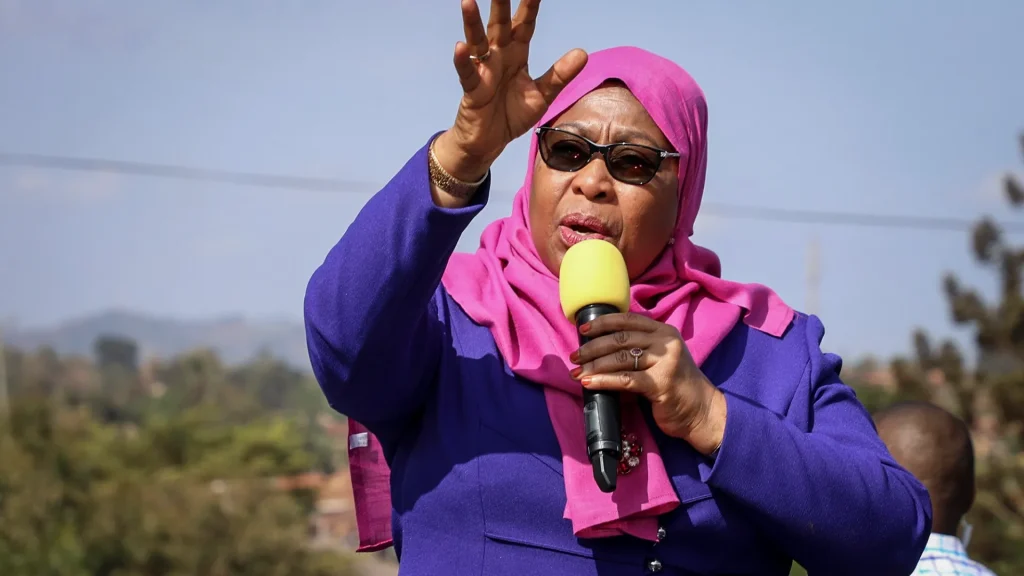President Samia Suluhu Hassan emphasised the importance of technology in advancing justice and development during her address to the Commonwealth Law Ministers Meeting on Monday.
Under the theme of “Technology and Innovation,” President Samia highlighted Tanzania’s commitment to harnessing digitalisation within the judiciary to address challenges and improve access to justice.
She highlighted the Tanzanian judiciary’s attempts to reduce case backlogs by implementing electronic tools, virtual court sessions, e-filing systems, and artificial intelligence. These methods aim to improve the judicial system’s transparency, accountability, and efficiency.
President Samia also acknowledged the government’s support for technological adoption, notably the use of a fibre optic network to facilitate connectivity between multiple courts.
Tanzania’s judicial strategy prioritised improving the criminal justice system, increasing fairness and efficiency, and protecting human rights.
She also mentioned that the Tanzania Criminal Justice Commission will submit a complete report in July 2023 outlining revolutionary ways to improve the justice system.

Ambassador Pindi Chana, Minister of Constitution and Legal Affairs, repeated President Samia’s remarks, emphasising Tanzania’s commitment to advancing the rule of law, justice, and equality in the Commonwealth. Tanzania is committed to guaranteeing justice for all citizens, as seen by initiatives like as statewide legal assistance campaigns and awareness programmes on legal education and human rights.
Patricia Scotland, Commonwealth Secretary-General, emphasised the need of working together to overcome legal concerns and advance justice around the world. She emphasised the Commonwealth’s importance as the biggest group of nations united by a shared history, interests, and actions.
Secretary-General Scotland emphasised the proactive use of legal mandates to turn promises into practical experiences for citizens.
The gathering provided a forum for dialogue, the exchange of best practices, and the establishment of partnerships to tackle the legal challenges that member states face.


